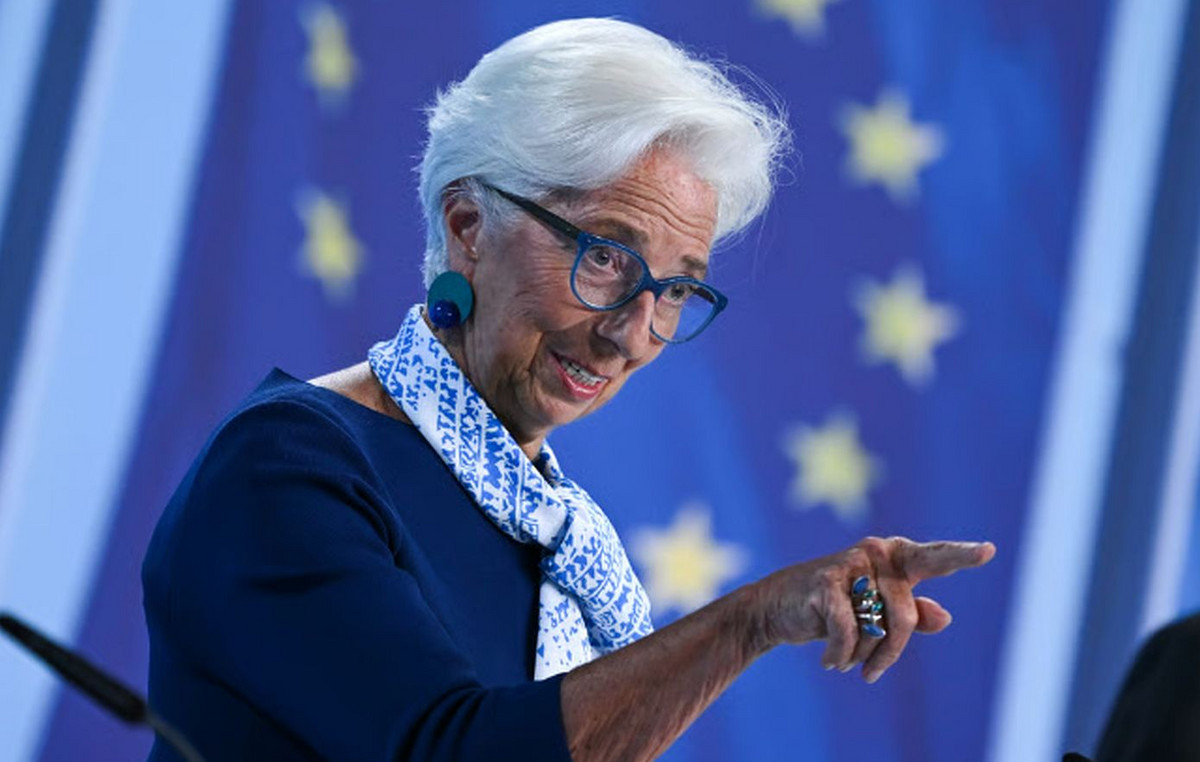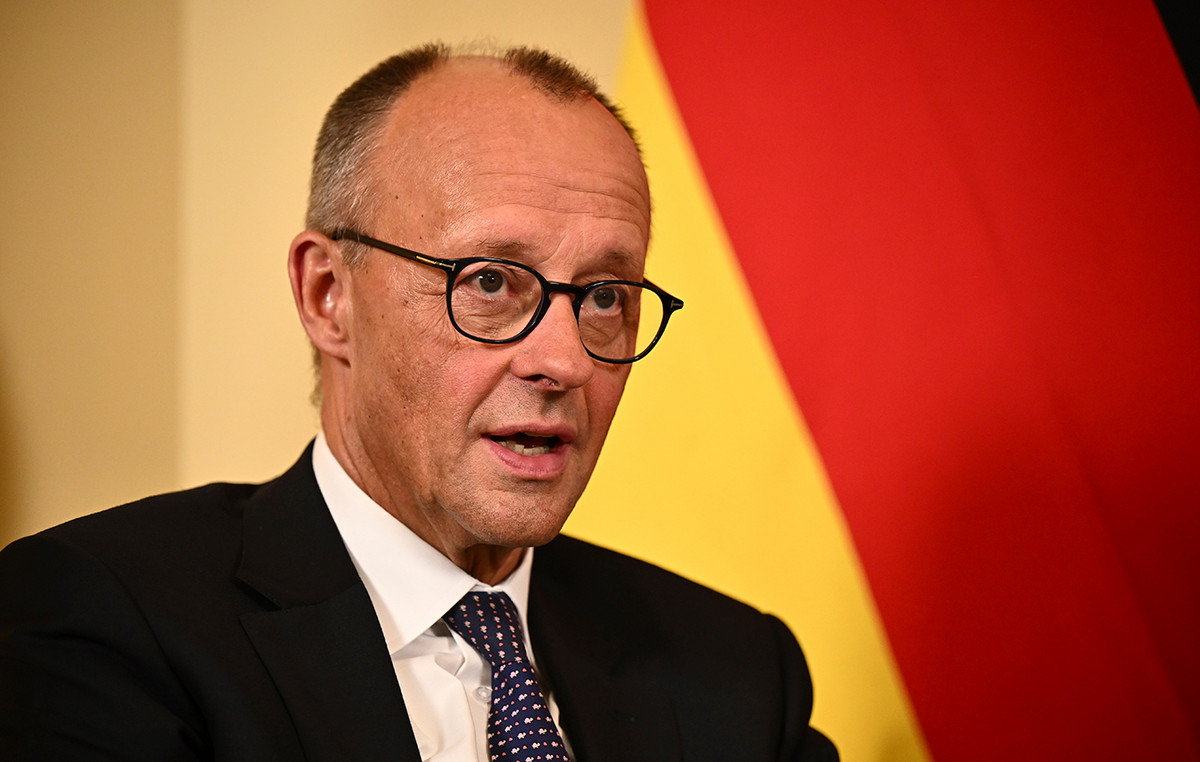Article recently published in Journal of Controlled Release details the result of international scientific collaboration that developed an alternative to the treatment of solid tumors through inhibition of the so-called inflammatory tumor microenvironment (tumor microenvironment or TME).
Solid tumors tend to be the most challenging types of cancer to treat because of the difficulty in penetrating drugs. The inflammatory tumor microenvironment, where tumors are housed, contains several of the patient's own cells and substances that prevent defense cells from fighting the tumor.
“Often these cells and molecules help the tumor to grow and, therefore, we say that it escapes the surveillance of the immune system”, he explains. Lucia Helena Faccioli professor at the Faculty of Pharmaceutical Sciences of Ribeirão Preto at the University of São Paulo (FCFRP-USP) and coordinator of the Lipid Quantification and Identification Center (Ceqil), installed with support from FAPESP through the Multi-User Equipment Program.
“There is always a tug of war between tumor-promoting and tumor-inhibiting immune cells in the TME, where metabolites, lipid mediators, cytokines and chemokines play an important role in mastering the immunosuppressive nature,” write the authors of the articlewhich include researcher Viviani Nardini, from the Department of Clinical, Toxicological and Bromatological Analysis at FCFRP-USP, and scientists from Indian institutions led by Avinash Bajaj, head of the Nanotechnology and Biological Chemistry Laboratory at the Regional Biotechnology Center of Faridabad, in the state Indian from Haryana.
The team developed nanomicelles – very small particles, measuring between 1 and 100 nanometers – composed of different substances and, therefore, called chimeras. The chimeric nanomicelles produced are composed of phospholipids (NMs), docetaxel (DTX), a substance used to kill tumor cells, and dexamethasone (DEX), an anti-inflammatory widely used to reduce the production of various inflammatory substances, such as prostaglandin E2 (PGE2).
Studies on laboratory animals showed that these particles (NMs+DTX+DEX), administered intravenously, were very efficient, reducing the size of tumors and increasing the survival of animals: untreated animals always die around 28-30 days, but treated ones survive up to 44-50 days explains Faccioli.
“The treatment induced a greater than five-fold decrease in tumor volume compared to untreated tumors in the colon cancer model,” details Bajaj.
The nanomicelles reduced and altered the cells present around the tumor, those that prevent the action of the immune system, favored the increase of specific types of leukocytes that kill tumor cells and also inhibited the release of PGE2, an inflammatory substance present in the tumor microenvironment that decreases the antitumor action of certain defense cells.
“Although these studies were carried out on animals, the results are very promising and open up possibilities for studies on humans, since the particles are formed by compounds already approved for human use”, celebrates Faccioli, who carried out his post-doctorate at the National Heart and Lung Institute from the University of London.
In addition to USP and the laboratory coordinated by Avinash Bajaj, the Amity Institute of Integrative Sciences and Health (Haryana), the Department of Oncological Surgery of the All India Institute of Medical Sciences (New Delhi), the National Institute of Immunology (New Delhi) and the National Institute of Biomedical Genomics (Kalyani, West Bengal).
The article Engineered nanomicelles inhibit the tumor progression via abrogating the prostaglandin-mediated immunosuppression can be read at: www.sciencedirect.com/science/article/pii/S0168365924001615 .
Source: CNN Brasil
I am an experienced journalist and writer with a career in the news industry. My focus is on covering Top News stories for World Stock Market, where I provide comprehensive analysis and commentary on markets around the world. I have expertise in writing both long-form articles and shorter pieces that deliver timely, relevant updates to readers.







